literacy

WUNC: For one NC county, the reading gap between high and low-income students narrowed during COVID
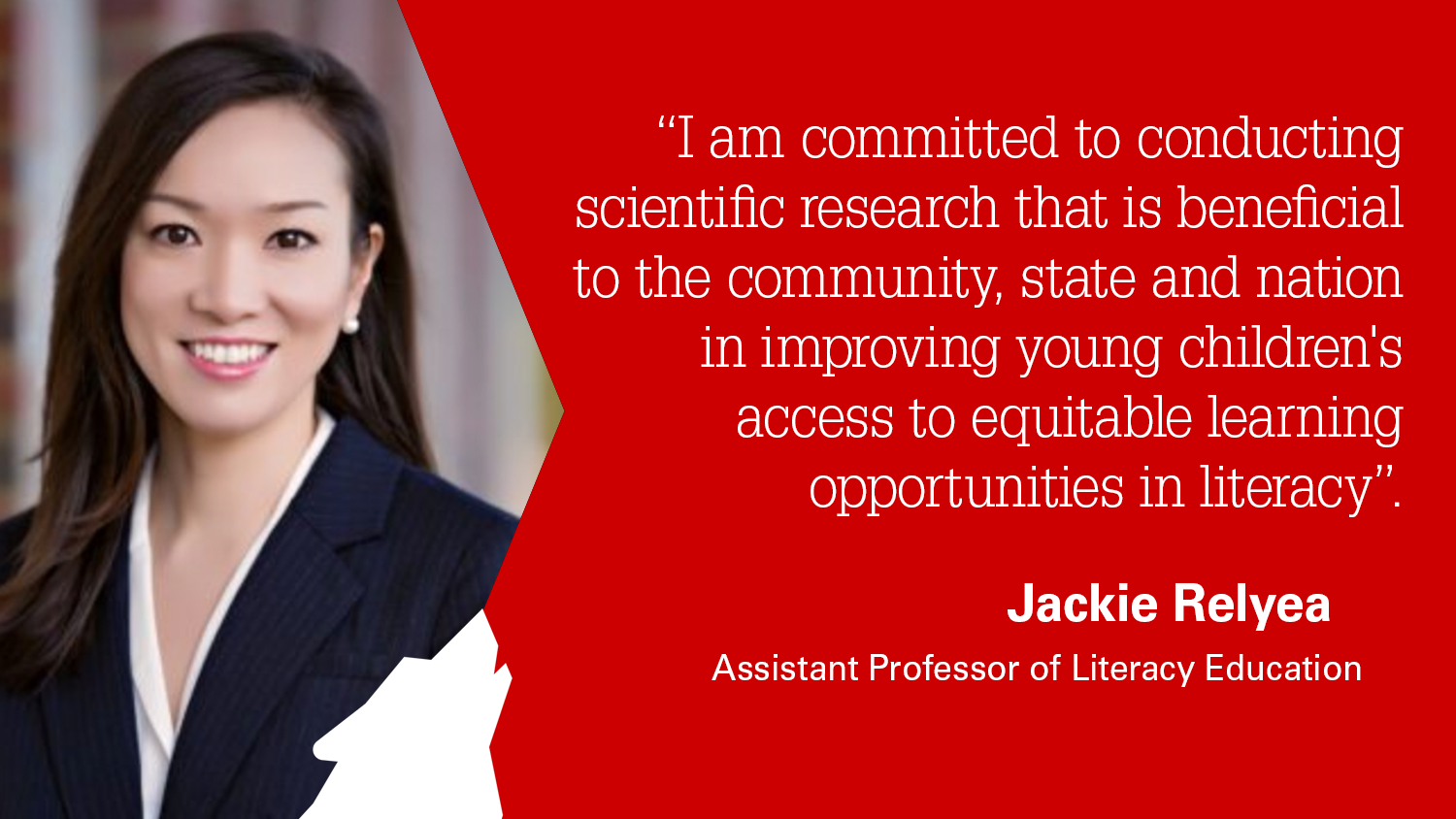
Assistant Professor Jackie Relyea Receives Outstanding Young Alumnus Award from UNC-Chapel Hill’s School of Education
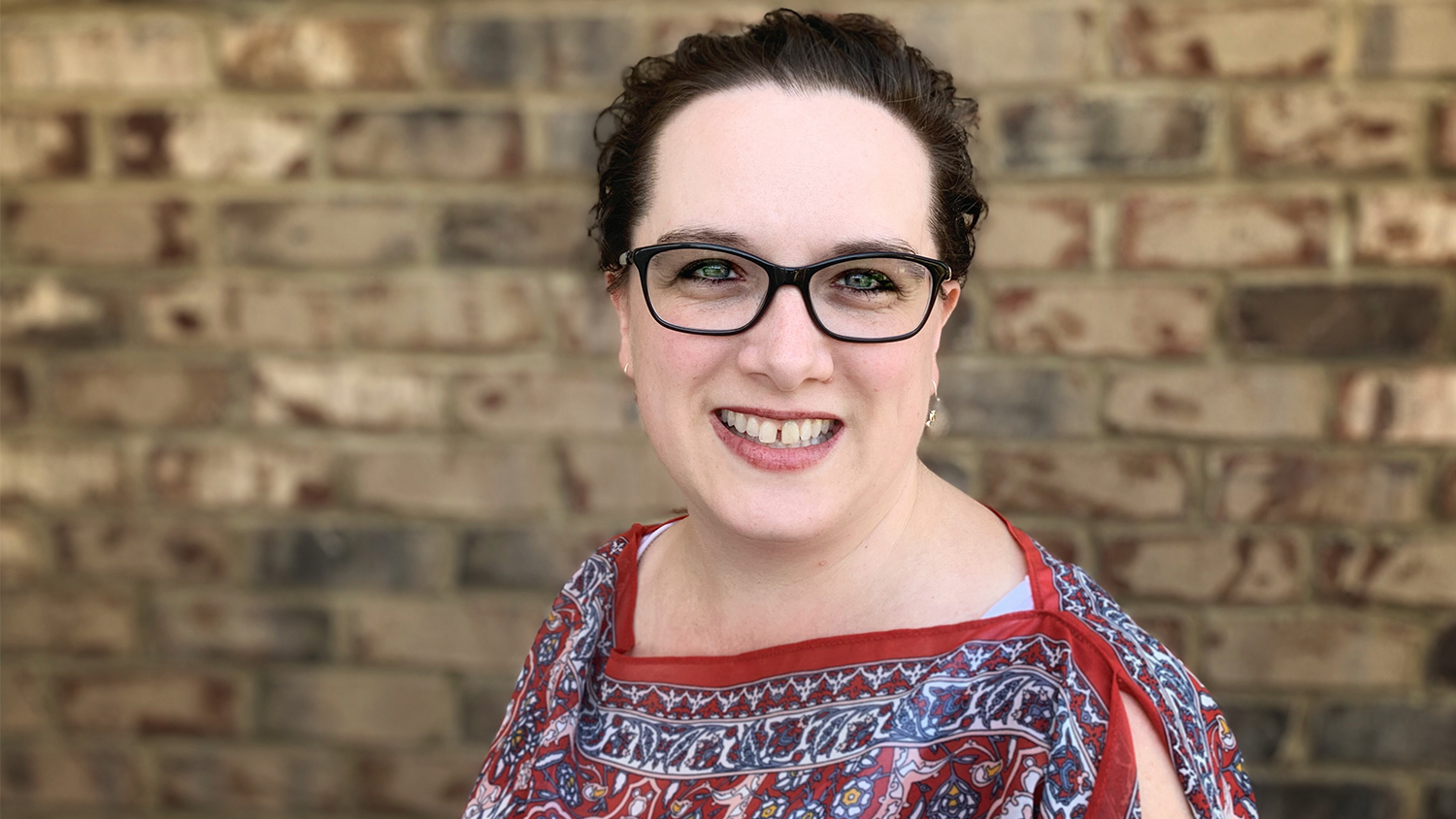
Doctoral Student Jennifer Mann Will Engage Students in Critical Literacy Project Through Phi Kappa Phi Love of Learning Award
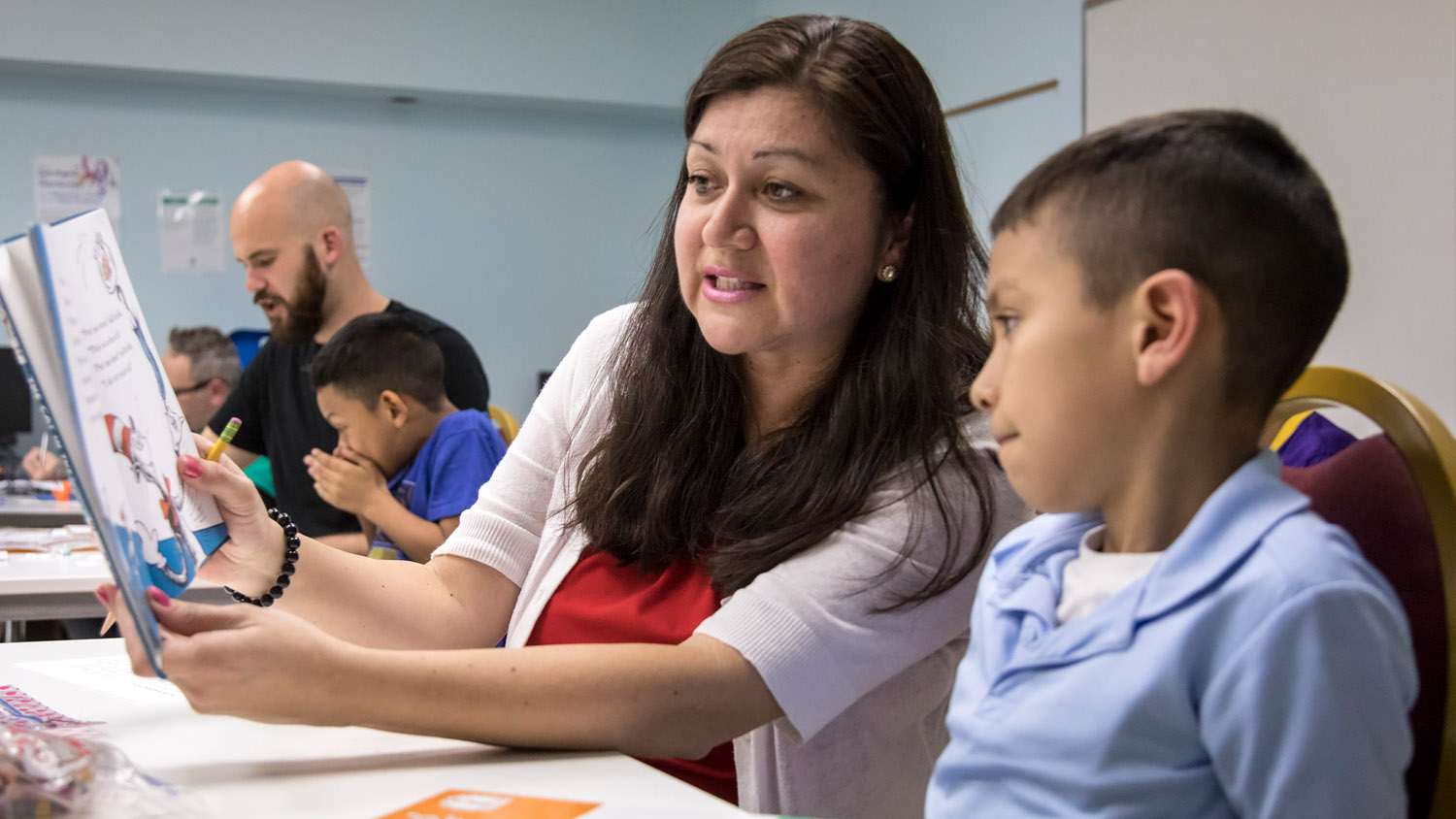
Utilizing Phoneme Videos for Phonemic Awareness Practice
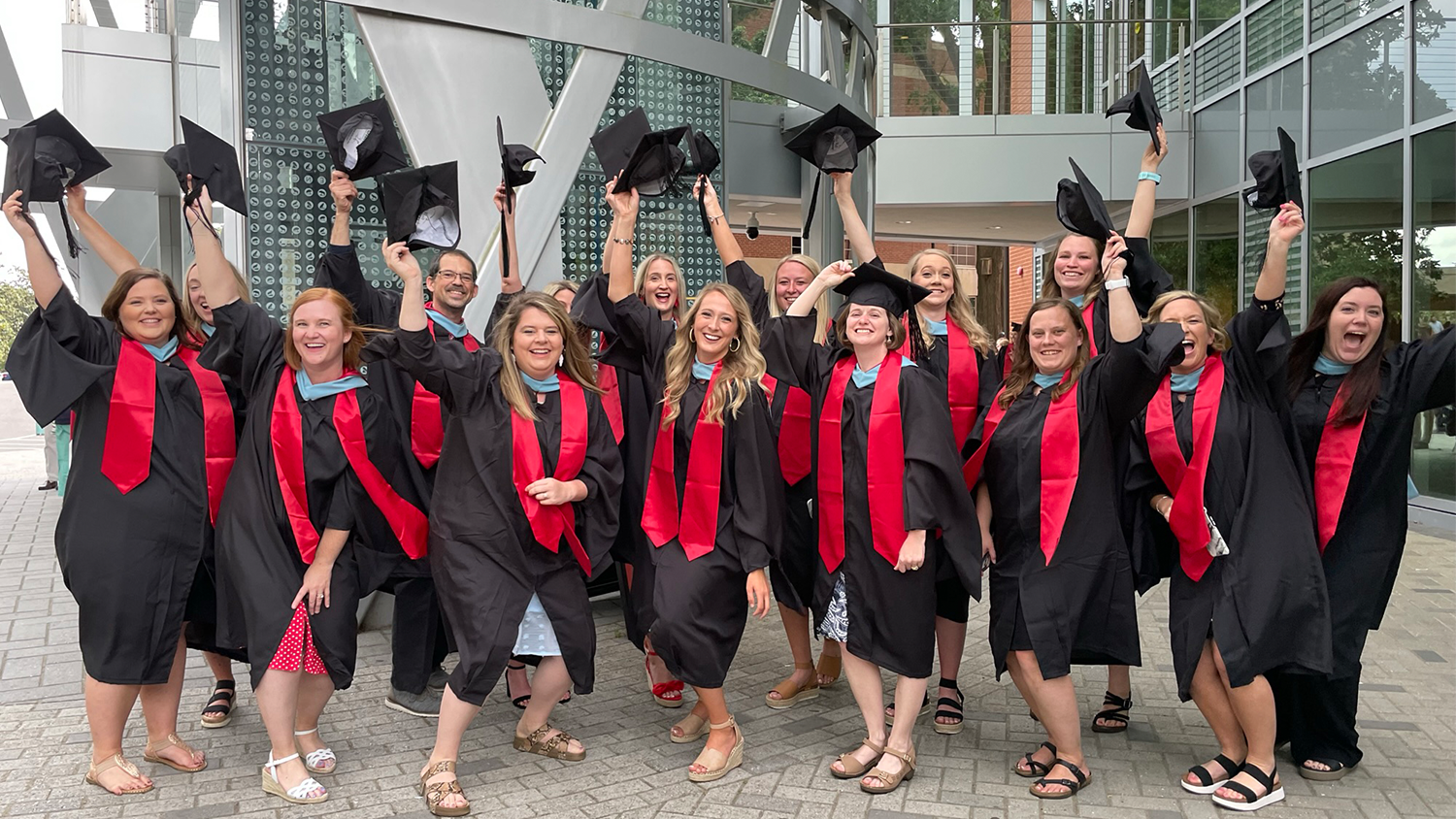
‘We’re Not Only Stronger Teachers, But We’re Stronger Leaders:’ 18 Teachers Earn Master’s Degrees, Become Literacy Leaders Through Yadkin Wolfpack Literacy Partnership
Teaching and Telling Asian American Stories Virtual Symposium
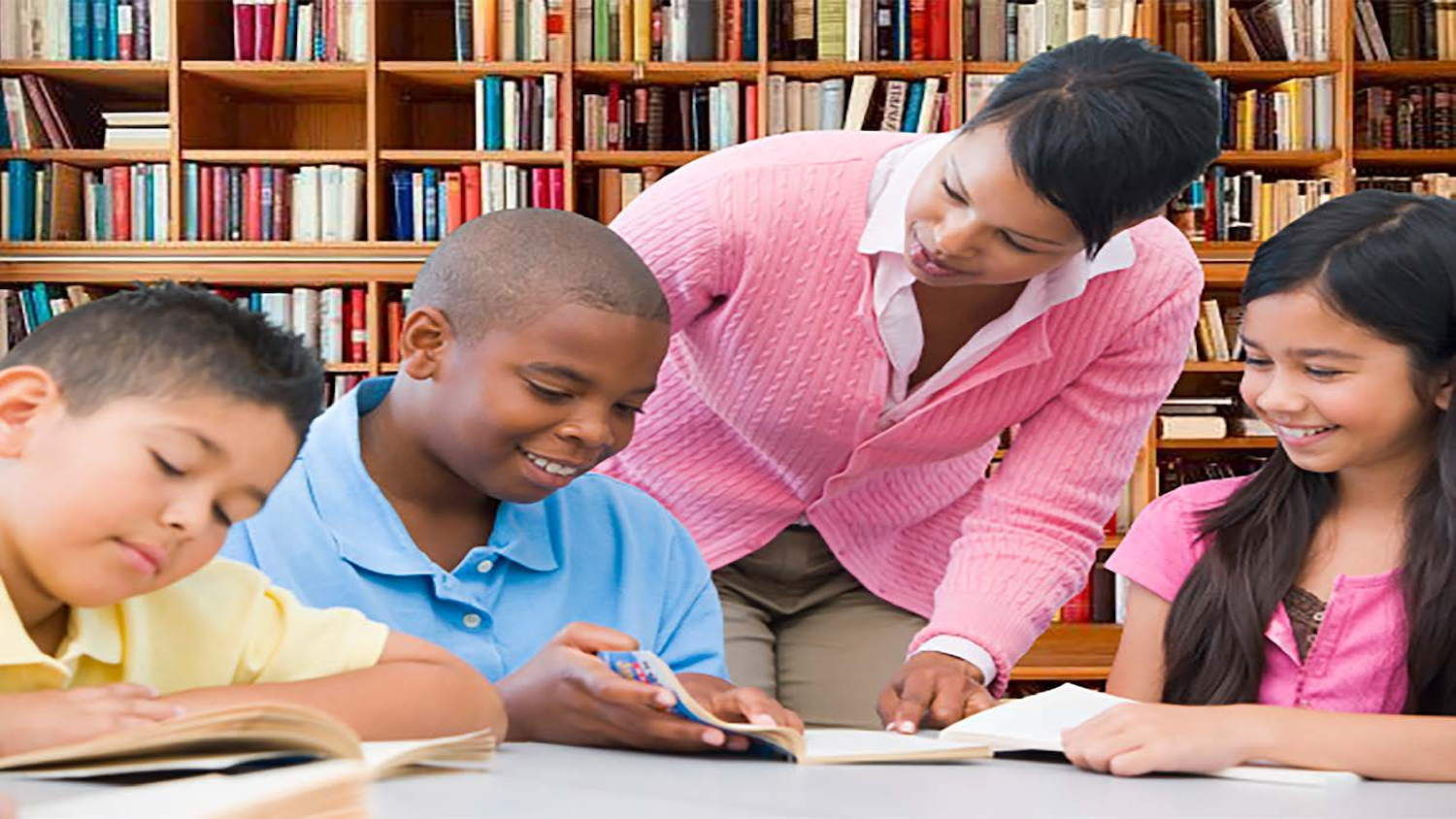
Friday Institute Releases “Meeting the Moment: Strategic Recommendations for Literacy & Equity in North Carolina”
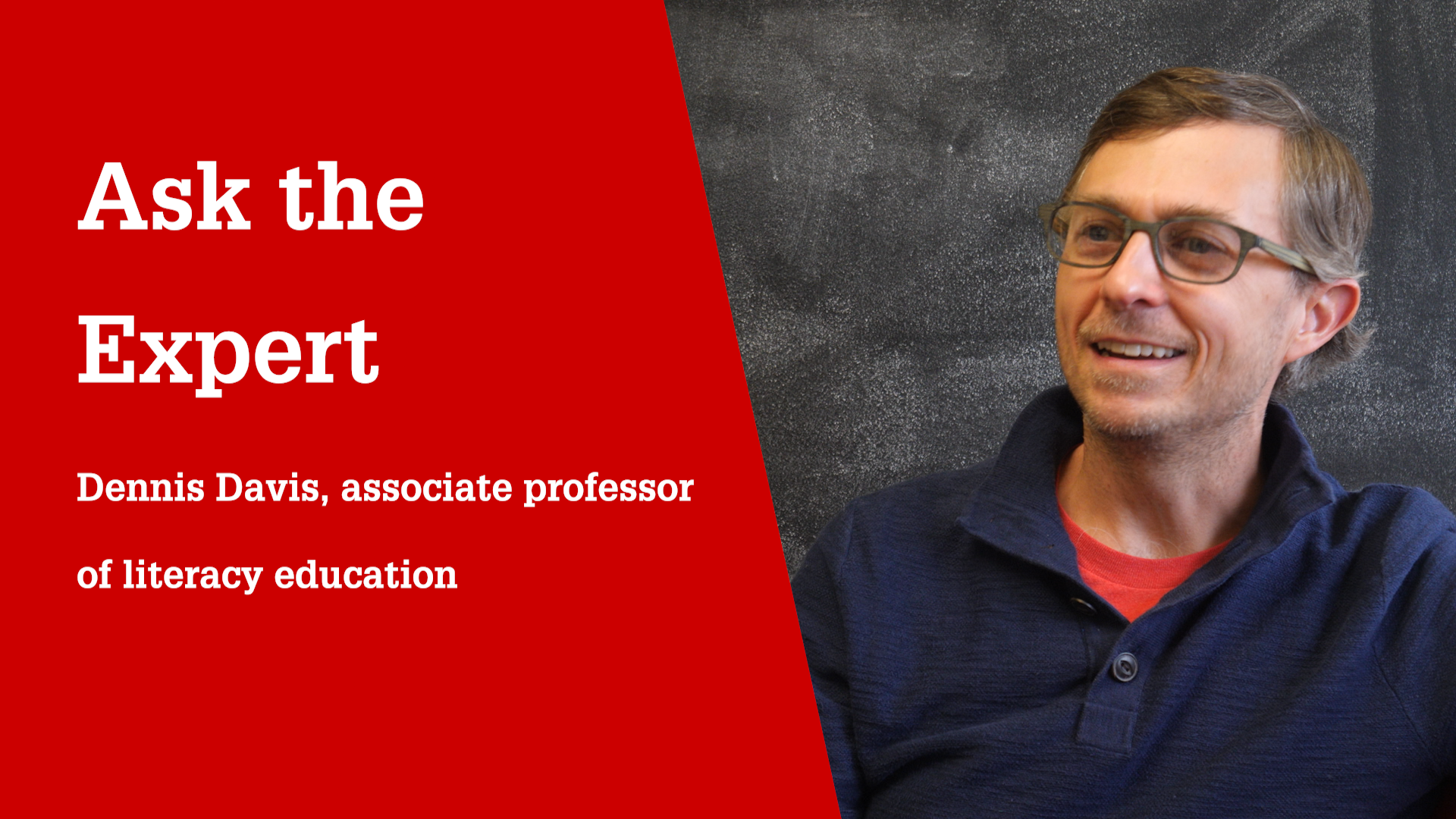
How Can I Help My Students With Reading Comprehension? ‘The More We Can Integrate What We Call Reading Instruction with What We Call Content Area Instruction, the Better,’ Says Associate Professor Dennis Davis

Becky Dorman ’22MED: ‘I Want to Foster Change in My District and Learn How to Better Support All My Students’
